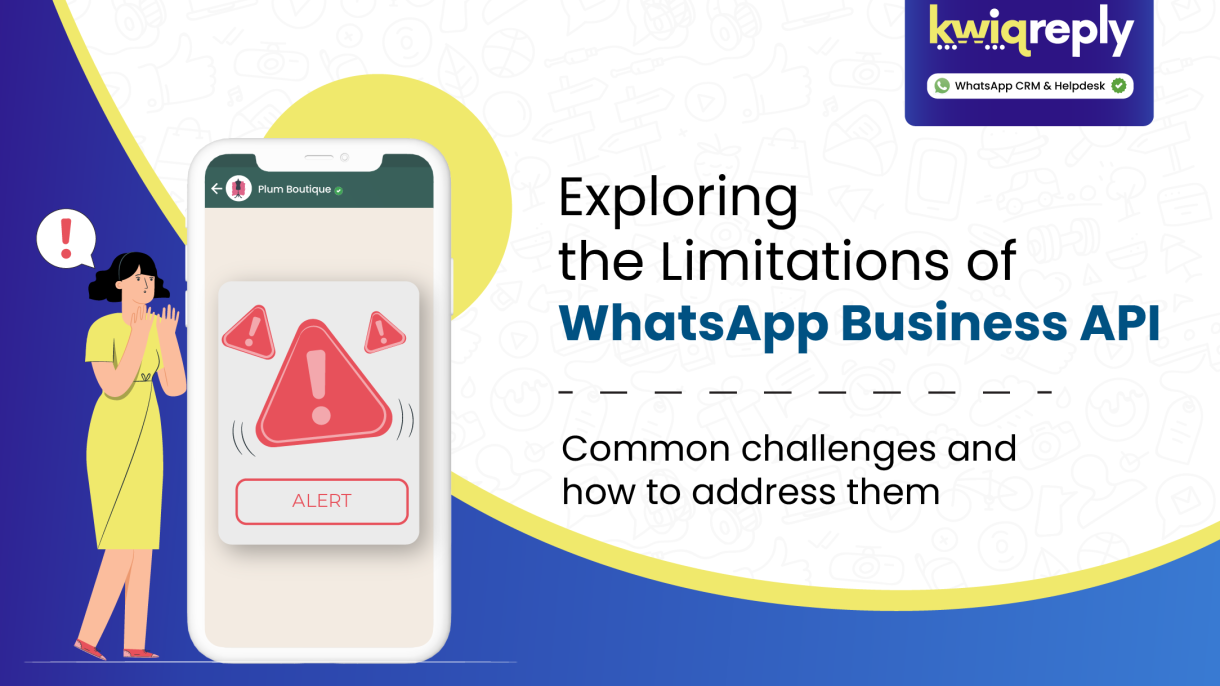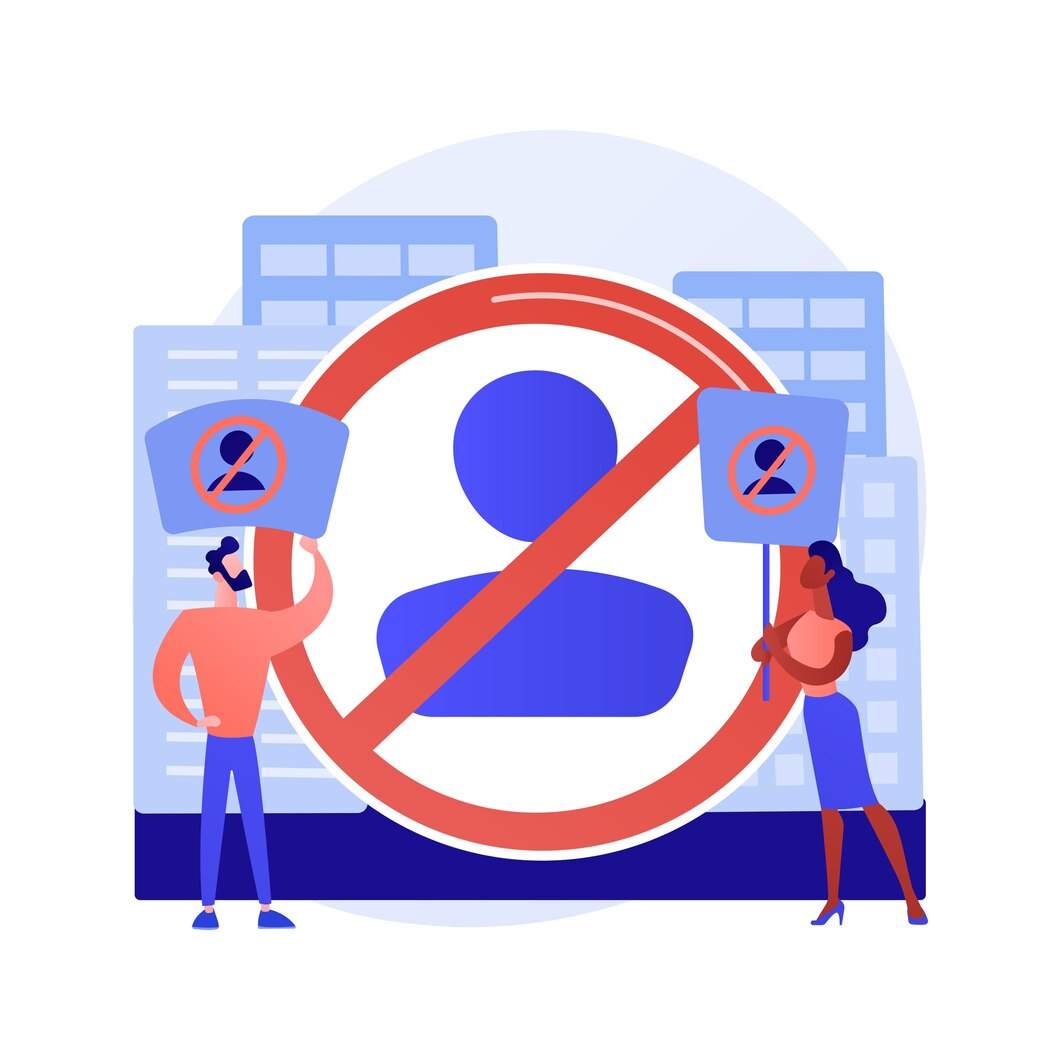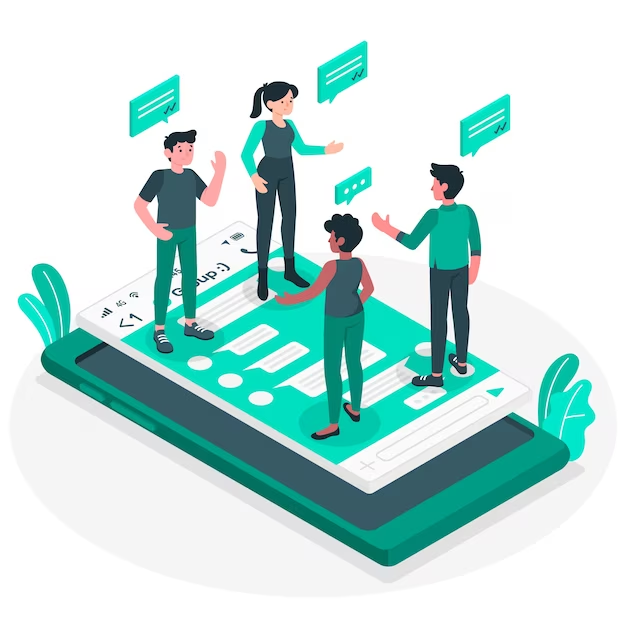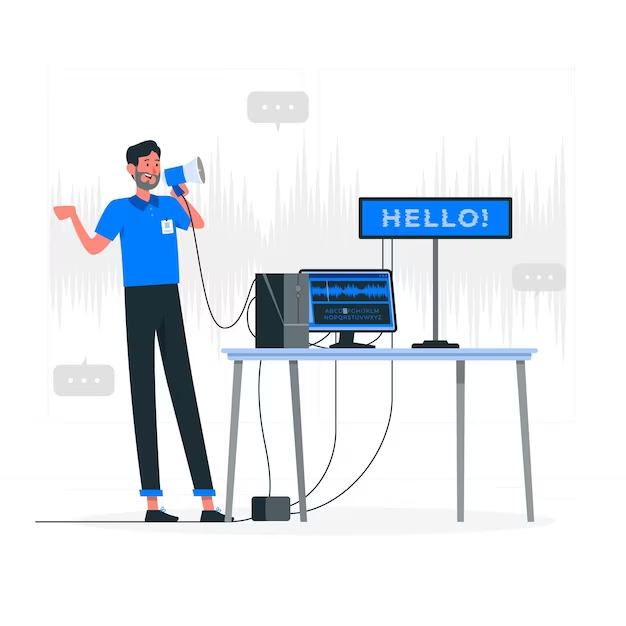
Exploring the Limitations of WhatsApp Business API
Exploring the Limitations of WhatsApp Business API
WhatsApp, with its massive user base and popularity, offers an excellent opportunity for businesses to reach out to their customers effectively. WhatsApp’s Business API provides advanced features and functionalities to optimize customer interactions. However, despite its numerous advantages, the WhatsApp Business API has its fair share of limitations that businesses need to be aware of. In this blog post, we will delve into the limitations of the WhatsApp Business API and discuss how they may impact businesses' communication strategies. We also expound upon some methods, techniques and tools that companies can use to address these limitations to make full use of the WhatsApp’s Business API
TL;DR
- The WhatsApp Business API faces the limitation of having restricted access and approval for smaller businesses if they are not signing up for access through a registered WhatsApp BSP.
- It also restricts users from fully accessing the function of group chats, being limited to only responding
- Additionally, there are broadcasting limits in the sense that
- They can only converse with those who have opted in to receive messages
- A message limit of 1000 messages is imposed on those who are initially using the API
- Pre-approved templates have to be used for all bulk messaging
- Personalization can be difficult for solo users
- Relevant, extensive metrics are only available through a partnership with a WhatsApp BSP
Restricted access and approval

One of the significant limitations of the WhatsApp Business API lies in its restricted access and stringent approval process. WhatsApp grants access to the API based on the legitimacy of their company. This is done by collecting and verifying documentation. This includes tax records, social media profiles, articles of association, etc. This means that it is easier for larger enterprises compared to small and medium-sized businesses to gain approval.
This exclusivity can limit the API's availability to a wide range of businesses, inhibiting smaller enterprises from utilizing the benefits of the platform. However this is where WhatsApp Business Solution Providers (BSPs) like kwiqreply can help. BSPs can help companies trying to get approval by simplifying the process on their end. They grant you access to the API, tell you which documents to submit, and help you integrate the WhatsApp Business API with your company.
Group chat limitations

WhatsApp Business API restricts the ability to create and participate in group chats. Unlike the standard WhatsApp platform, where users can join and engage in group conversations, businesses face limitations in managing group chats through the API.
Currently, businesses can only respond to messages initiated by customers within a group chat. They cannot create new groups or add participants proactively. This limitation inhibits businesses from leveraging the potential of group chats to engage with their customers collectively and provide a seamless group support experience. However, BSPs can help you segment and differentiatie your customer list which lets you build your own customized groups for sending messages.
Broadcasting constraints

Broadcast messages serve as a powerful tool for businesses to send out updates, event reminders, and promotions to a large number of recipients simultaneously. However, WhatsApp Business API introduces limitations that hinder the effectiveness of broadcast messages. The general issues faced with broadcasting are :
- Limited recipient pool: The API allows businesses to only send messages to customers who have initiated conversations with them or consented to receive them. This means that businesses cannot proactively reach out to new or potential customers via broadcast messages, restricting their scope and reach.
- Time interval and volume limitations: The API enforces specific time intervals between broadcast messages to prevent spam. Businesses can send a maximum of 1,000 messages per day to users who have not interacted with them within the last 24 hours. However this limit is moved up the more the company uses the broadcasting feature. This restriction limits the speed at which businesses can initially deliver broadcast messages, potentially impacting time-sensitive campaigns and promotions.
- Message templates: Businesses employing the WhatsApp Business API to message their customers have to use pre-approved templates to do so. These templates ensure that you send standardized messages that are relevant to your audience. While this approach ensures consistency, it also imposes a limitation on the types and formats of messages that can be sent. Businesses must adhere to predefined templates and cannot send messages that deviate from the approved formats. This restriction can hinder the creativity and flexibility of businesses, limiting their ability to cater to specific customer needs.
- Lack of personalization: Personalization is a crucial aspect of effective marketing and customer communication. However, the WhatsApp Business API does not allow businesses to personalize broadcast messages, resulting in a less engaging customer experience. All recipients receive the same message without any customization. This hampers businesses' ability to tailor messages to specific customer segments or add a personal touch based on individual preferences.
It is possible to address some of these issues using BSPs as well. BSPs generally have a vast repository of approved templates for you to utilize for your promotional needs. They can help you create a centralized ecosystem for sending and tracking broadcasting messages. They also help you schedule messages to move up the limit for broadcasting as soon as possible.
Opt-In requirement

WhatsApp Business API places a strong emphasis on user consent and opt-in requirements. Businesses can only send messages to users who have actively engaged with them or have provided explicit consent to receive messages. Therefore it works better for legitimate businesses working with a database of pre-existing customers rather than new organizations.
While this ensures a user-centric approach and prevents spam, it creates challenges for businesses aiming for expansion. Therefore you may have to do separate promotions to get phone numbers and opt-ins. Also, obtaining opt-in consent from customers can be extremely time-consuming. Businesses may also face difficulties in acquiring a significant number of opt-ins for effective broadcasting.
Limited metrics

Messaging and customer engagement is reliant upon the effectiveness of communication strategies is crucial for refining. Unfortunately, the WhatsApp Business API offers limited metrics and insights for messages sent.
Businesses have access to basic metrics like the number of messages sent, delivered, and read, but detailed analytics and insights are not available. This limitation restricts businesses from gaining a comprehensive understanding of their campaign performance. Here, BSPs can help once again by tracking and providing you with additional data on your messaging campaigns and providing a consolidated report on them. They can also help you improve and optimize your communication strategies according to the metrics collected.
Conclusion
While the WhatsApp Business API offers numerous advantages for businesses, it is important to be aware of its limitations. Businesses must consider these factors when formulating their communication strategies and be prepared with any alternatives or solutions.
Despite these limitations, the WhatsApp Business API remains a valuable tool for businesses in today's digital landscape.. By understanding these limitations and working within their boundaries, businesses can leverage the platform effectively and enhance customer engagement.
At kwiqreply, we help you fully leverage the features of the WhatsApp Business API for your organization. kwiqreply is the best WhatsApp Business API CRM and Helpdesk for Small Businesses. kwiqreply’s integration with the API offers dynamic features such as bulk messaging, customizable templates, ChatGPT WhatsApp chatbots, and much more. So, seize the opportunity, leverage WhatsApp's potential, and propel your business toward sustainable growth and success! Know more about WhatsApp Business API’s features and start nurturing leads with kwiqreply by clicking the link below.
Click here to book a free demo and let us show you how you can do more business with WhatsApp.
At kwiqreply, we help you fully leverage the features of the WhatsApp Business API for your organization. kwiqreply is the best WhatsApp Business API CRM and Helpdesk for Small Businesses. kwiqreply’s integration with the API offers dynamic features such as bulk messaging, customizable templates, ChatGPT WhatsApp chatbots, and much more.